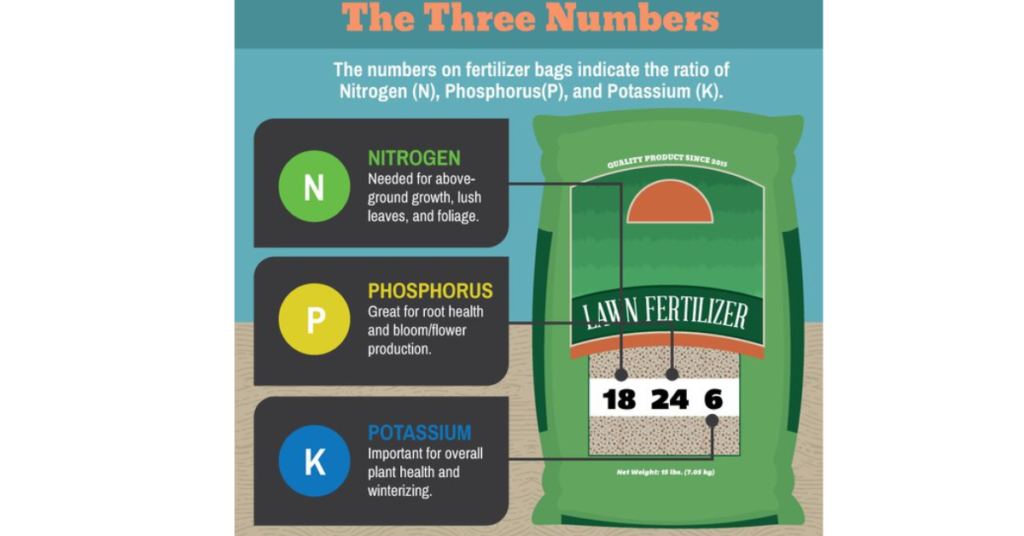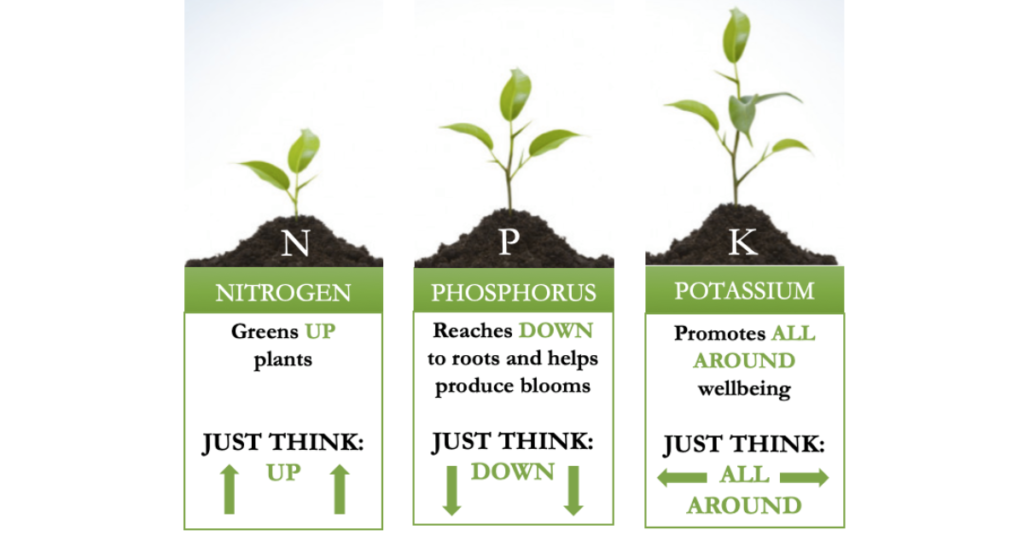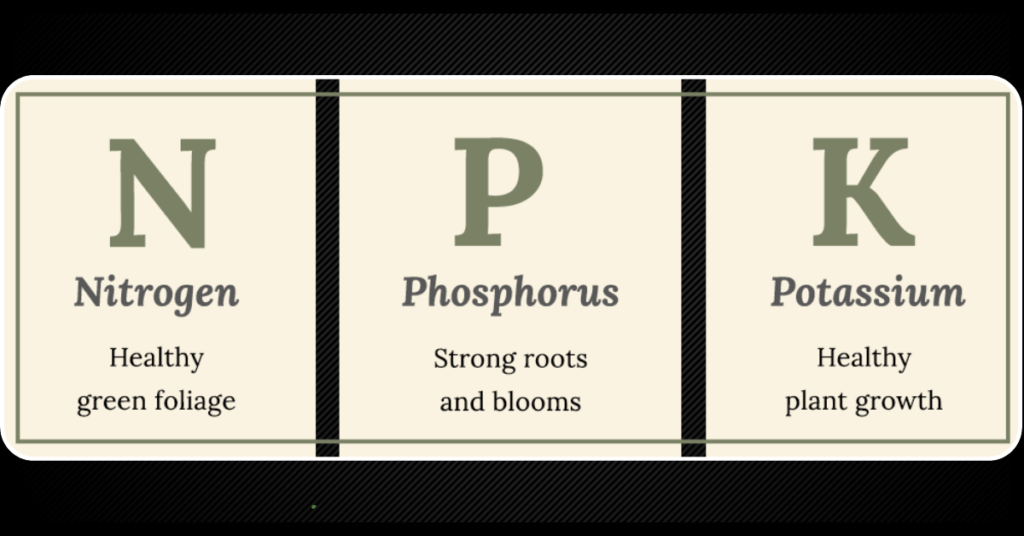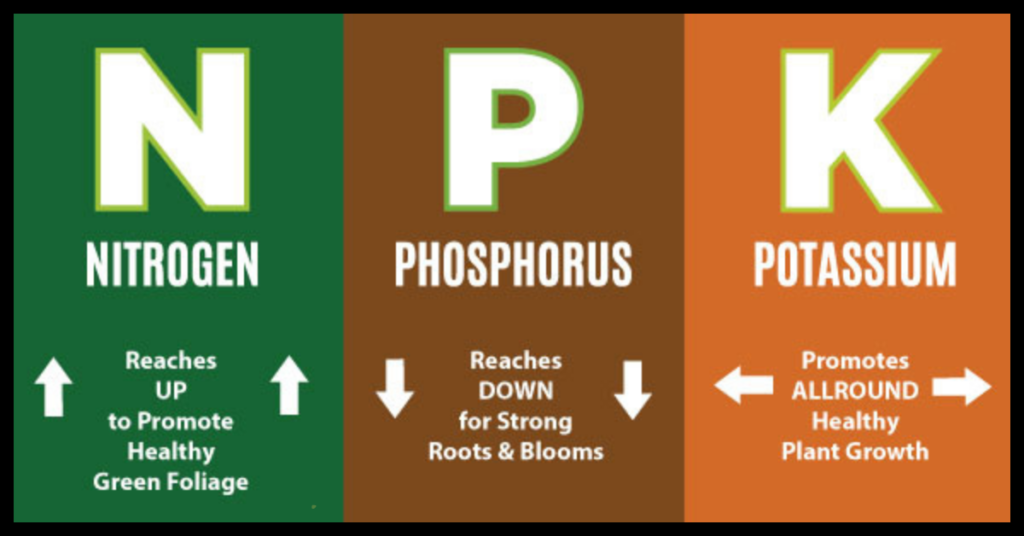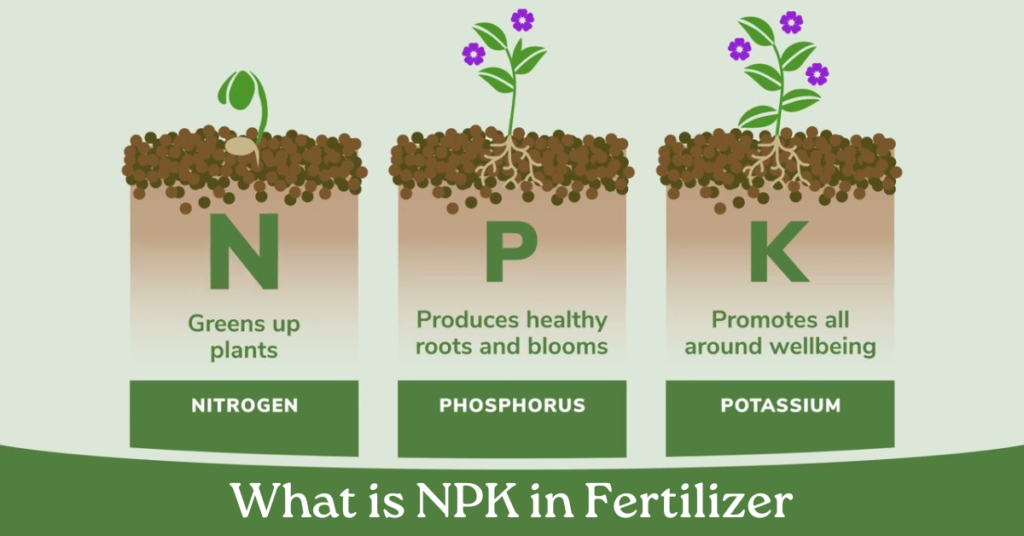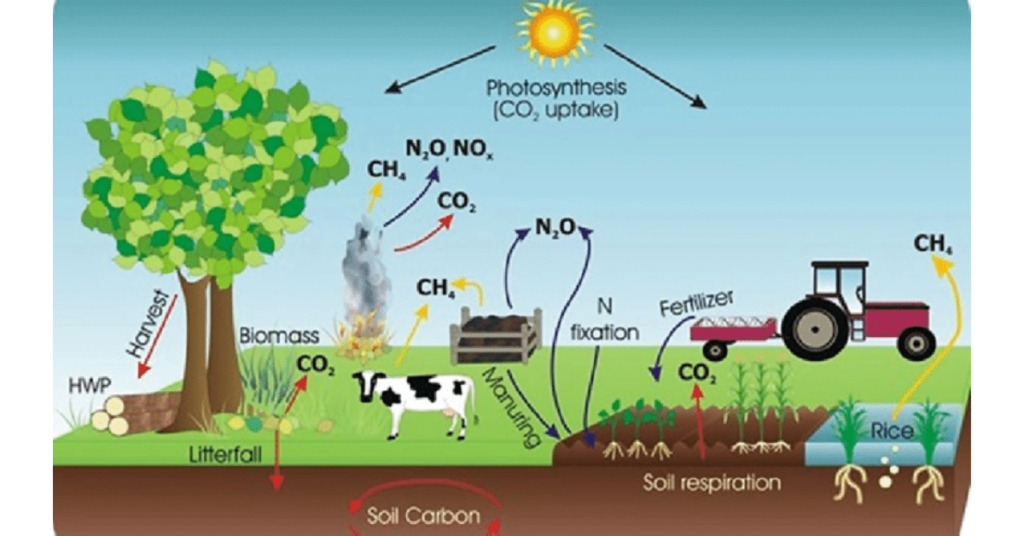Alternative To NPK Fertilizer
In the realm of modern agriculture, the quest for sustainable alternatives to conventional farming practices has gained momentum. One area of significant focus is finding alternatives to NPK fertilizers, the cornerstone of traditional nutrient management. While NPK fertilizers have played a crucial role in bolstering crop yields, concerns surrounding soil degradation, nutrient imbalance, and environmental impact have prompted a search for more eco-friendly solutions. This article delves into the diverse landscape of alternatives to NPK fertilizers, exploring organic, innovative, and regenerative approaches that hold promise for a more sustainable future in agriculture. From harnessing the power of microbial communities to embracing precision agriculture technologies and investing in nutrient recycling, the journey towards alternatives to NPK fertilizers encompasses a multifaceted exploration of sustainable farming practices. Join us as we navigate this landscape and uncover the pathways towards a resilient, nourishing, and environmentally sound agricultural system.
Alternative To NPK Fertilizer Read More »


